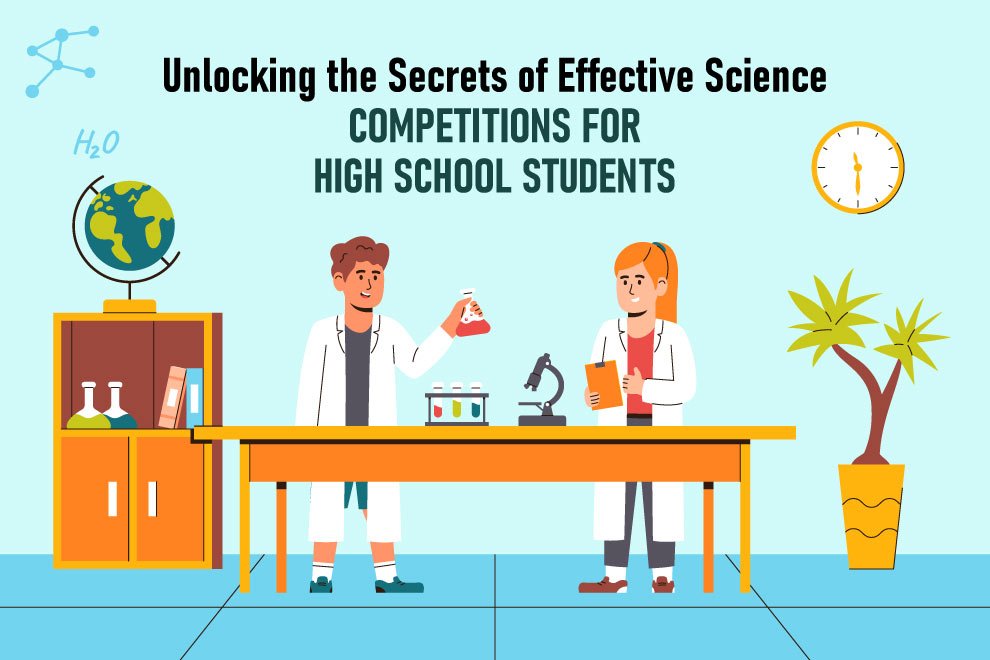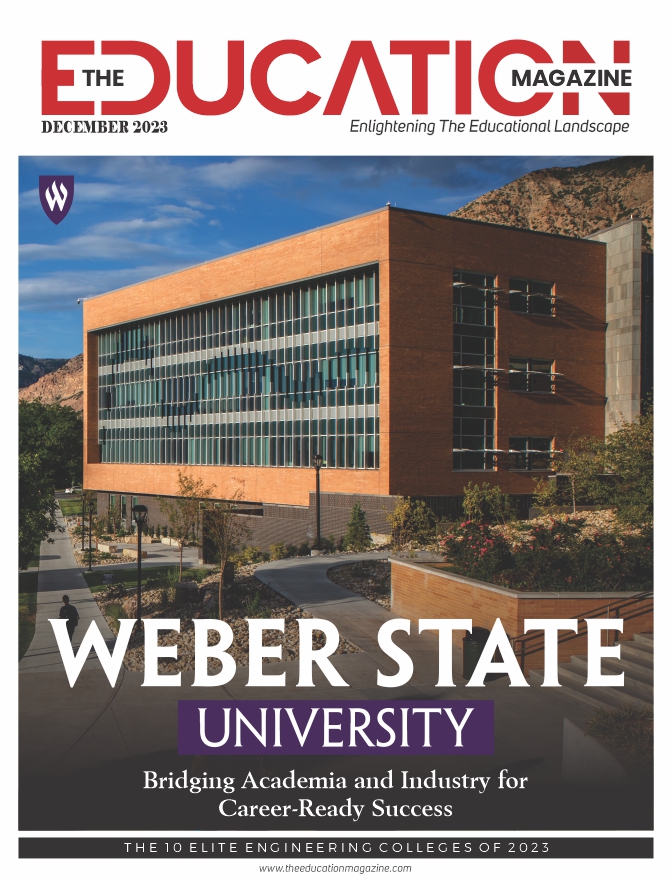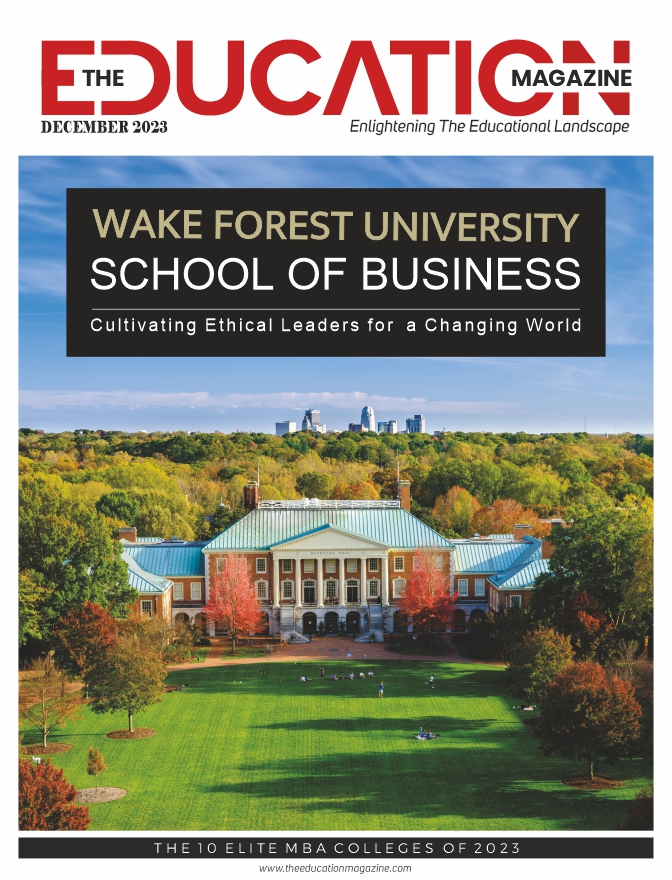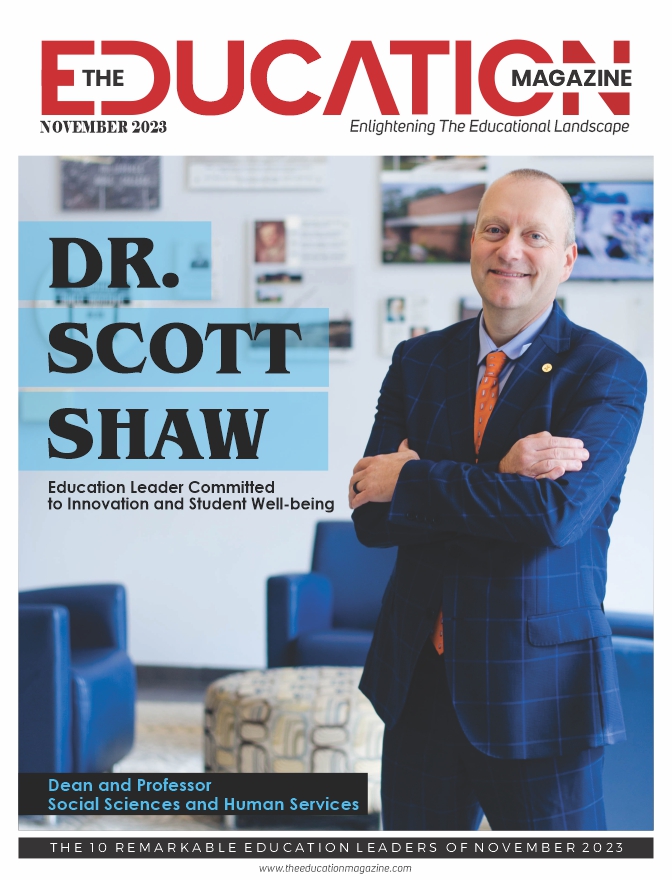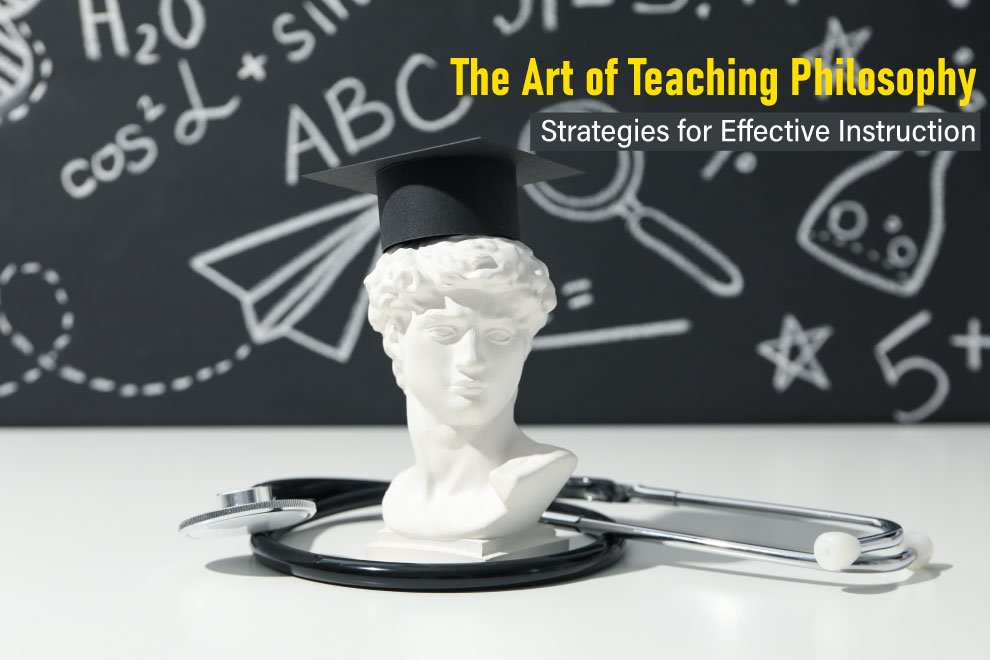Science competitions are an engaging way to test and enhance high school students’ knowledge and competencies in the subject area. They offer an opportunity for students to showcase their analytical, problem-solving, and critical thinking skills in a competitive environment. However, not all science competitions are created equal, and it can be challenging to plan and execute an effective one.
In this blog post, we will provide insights into the secrets of effective science competitions for high school students that can help providers of academic competitions design effective competitions to unlock the full potential of students.
Setting Clear Objectives
One of the first things to consider when planning a science competition for high school students is the objectives of the competition. Are you looking to test students’ understanding of specific topics or gauge their overall scientific aptitude? Or is the purpose of the competition to encourage students to delve deeper into the subject area and foster their creativity and curiosity?
Having clear objectives can help you design a competition that aligns with your goals and provides maximum value for students and organisers alike.
Catering to Diverse Learning Styles
Science competitions should cater to the diverse learning styles of high school students, ensuring that each student’s unique needs are met. While some students thrive through lectures or textbooks, others excel with hands-on experiences or visual representations.
To effectively test students’ science abilities, these competitions should provide a wide range of activities, including written tests, experiments, and problem-solving tasks. By accommodating different learning styles, these competitions foster a passion for science and facilitate optimal learning for all students.
Providing Constructive Feedback
Feedback is essential to learning and growth, and science competitions should be no exception. Effective science competitions should provide timely, constructive, and actionable feedback to participants. This can help students identify their strengths and weaknesses and set goals for improvement.
Additionally, feedback can encourage students to continue learning and exploring the subject area even after the competition is over.
Emphasising Teamwork
Science competitions are not just about individual excellence. They offer an opportunity for students to work collaboratively, enhance their communication and leadership skills, and learn from their peers.
Effective science competitions should emphasise teamwork and provide opportunities for group activities and discussions. This can help students develop a sense of ownership, responsibility, and belongingness and foster a passion for science.
Encouraging Diversity and Inclusivity
Science competitions should be inclusive and accessible to all high school students, regardless of their gender, race, ethnicity, or socioeconomic status. Effective science competitions should reflect the diversity of the student population and provide a safe, supportive, and inclusive environment for all participants.
Additionally, science competitions should encourage participation from groups that are traditionally underrepresented in the field, such as the minorities.
In Summary
Science competitions offer an opportunity to test students’ abilities and enhance their knowledge and competencies in the subject area. Effective science competitions should have clear objectives, cater to diverse learning styles, provide constructive feedback, emphasise teamwork, and encourage diversity and inclusivity.
By following these best practices, providers of academic competitions can design engaging competitions that unlock the full potential of high school students and foster a passion for science.
ALSO READ: 7 Best Public Schools In The USA For Your Child’s Bright Future
